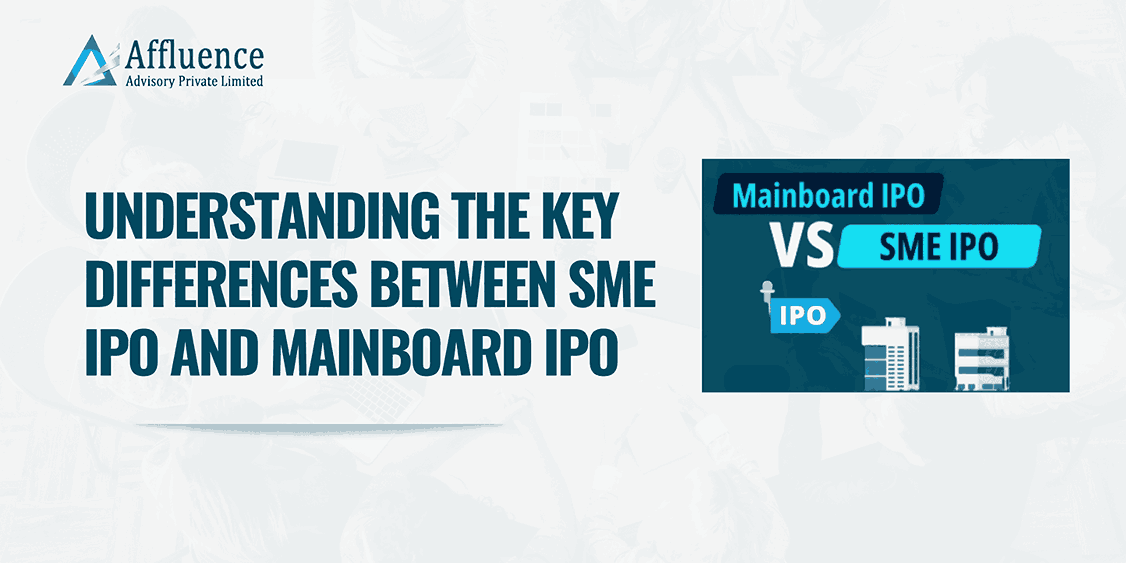INTRODUCTION:
In today’s globalized economy, an increasing number of Indians are engaging in cross-border employment, investments, and business activities. With this growing international presence comes the need for a robust regulatory framework to manage foreign exchange transactions and overseas income. The Foreign Exchange Management Act, 1999 (FEMA) serves as the cornerstone legislation governing such transactions in India.
To enable compliant and efficient cross-border financial management, FEMA provides for specialized bank accounts tailored to the needs of NRIs, PIOs, foreign entities, and returning residents. This article offers a practical overview of five key FEMA-compliant account types—NRE, NRO, FCNR(B), SNRR, and RFC—highlighting their eligibility, features, repatriation rules, and tax implications to aid informed financial decision-making.
- Non-Resident External Account (NRE Account)
An NRE account allows NRIs to deposit their foreign earnings in Indian banks, denominated in Indian Rupees. The funds remitted from abroad are converted to INR at prevailing exchange rates and can be held as Savings, Current, Recurring, or Fixed Deposits.
Ideal for NRIs looking to repatriate earnings to India with tax benefits, the account ensures full repatriability of both principal and interest. These accounts are jointly operable only with other NRIs/PIOs and are subject to currency exchange fluctuations.
Key Features:
- Eligibility: NRIs or Person of Indian Origin (PIOs)
- Currency: Indian Rupees (funded through foreign currency)
- Source of fund: Parking of overseas earned income only.
- Repatriation: 100% of funds (including interest) freely repartiable abroad
- Taxation: Interest earned on NRE account is exempt under the Income Tax Act, 1961.
- Account Options: Savings, Current, Recurring, or Fixed Deposit
- Joint Holding: Permissible with other NRIs/PIOs only and not with resident Indian.
- Conversion : the bank automatically converts it into Indian Rupees at the prevailing exchange rate.
- One cannot deposit Indian income (like rental income or pension) into an NRE account.
- Non-Resident Ordinary Account (NRO Account)
NRO accounts are structured to manage income arising in India—such as rent, dividends, pensions, or other domestic sources. These accounts accept deposits in both INR and foreign currency but operate solely in INR for all withdrawals. They can be held jointly with other NRIs or resident Indians (on a “former or survivor” basis). Unlike NRE accounts, repatriation is restricted to USD 1 million per financial year (post-tax compliance). Interest earned is taxable and subject to TDS.
Key Features:
- Eligibility: NRIs, PIOs, and Returning NRIs (i.e., who have become residents again) can temporarily maintain their NRO accounts before converting them into resident accounts.
- Currency: Indian Rupees Only
- Source of fund : Income earned in India or foreign remittances
- Purpose: Managing Indian income sources
- Repatriation: Balances in an NRO account of NRIs/ PIOs are remittable up to USD 1 (one) million per financial year
- Taxation: Interest is taxable in India subject to TDS under Income Tax Act, 1961
- Account Formats: Savings, Current, Fixed, or Recurring Deposits
- Joint Holding: Permissible with both NRIs and residents Indian.
- Foreign Currency Non-Resident Bank Account (FCNR(B) Account)
FCNR(B) accounts are fixed deposit accounts held in foreign currency by NRIs who want to safeguard their deposits against INR depreciation. These accounts accept deposits in freely convertible currencies such as USD, GBP, EUR, JPY, AUD, and CAD, with terms ranging from 1 to 5 years.
The account protects against currency risk, with both interest and principal fully repatriable and tax-free in India. Deposits can be made via foreign remittances or transfers from existing NRE accounts.
Key Features:
- Eligibility: NRIs and PIOs
- Currency: Maintained in foreign currency
- Term: Fixed deposits and term deposite only ranging between Minimum 1 & maximum 5 years
- Interest Payment: Both principal and interest are fully repatriable without any limit.
- Repatriability: Freely and Fully repatriable (interest + principal)
- Exchange Risk: Since the entire deposit is held in foreign currency, there’s no exchange rate risk
- Joint Holding: Permitted with other NRIs/PIOs
- Special Non-Resident Rupee Account (SNRR Account)
The SNRR account is intended for non-residents engaged in permitted business or contractual transactions in India, who do not qualify for NRE/NRO/FCNR accounts. It is a Rupee-denominated, typically non-interest-bearing account unless specifically permitted by the RBI.
Used primarily for trade, investments, ECB inflows, or business transactions, these accounts are temporary and must be closed once the underlying transaction ends. Repatriation is allowed in line with the permitted transaction.
Key Features:
- Currency: Indian Rupees (INR)
- Interest : Non interest bearing account
- Validity : Valid for the duration of the contract or purpose; maximum: 7 years
- Purpose: Trade, ECBs, investments, and contract-related payments
- Repatriability: Permitted as per transaction type and RBI guidelines
- Term: Account validity linked to the life of the contract
- Taxation: As applicable under Indian laws
- Resident Foreign Currency Account Account (RFC Account)
This account enable to the returning NRIs/PIOs to retain their foreign income in foreign currency. after returning to India for permanent residence (post 1 year of overseas stay). These accounts can hold balances in USD, GBP, EUR and other freely convertible currencies.
RFCs are available as Savings or Fixed Deposit or Term deposit accounts and support repatriation for genuine purposes such as foreign travel or overseas education. They may also receive balances from NRE/FCNR accounts post-residency status change.
Key Features:
- Eligibility: Resident individuals who were NRIs/PIOs and have returned to India permanently.
- Types of Accounts: Savings, Current, or Term Deposit accounts
- Currency: USD, GBP, EUR, and other freely convertible currencies.
- Purpose: To enable returning NRIs/PIOs to retain their foreign income in foreign currency.
- Repatriability: Freely repatriable.
- Joint Holding: Can be held jointly with another eligible person.
Quick Reference Table: NRE, NRO, FCNR(B), SNRR & RFC Accounts | |||||
Feature | NRE | NRO | FCNR(B) | SNRR | RFC |
Who Can Open | NRI / PIO | NRI / PIO / Returning NRI | NRI / PIO | Foreign entities / non-residents | Returning NRI / PIO (Resident) |
Currency | INR (from foreign income) | INR | Foreign currency | INR | Foreign currency |
Purpose | Park & repatriate foreign income | Manage Indian income | Protect foreign income from INR depreciation | INR business transactions in India | Retain foreign funds post-return |
Account Type | Savings / Current / FD | Savings / Current / FD | Term Deposit (1–5 yrs) | Current only (non-interest) | Savings / Current / FD |
Repatriation | Fully repatriable | Up to USD 1 million/year | Fully repatriable | As per RBI rules | Fully repatriable |
Taxation | Interest Exempt | Interest Taxable (TDS) | Interest Exempt | As applicable | Taxable |
Joint Holding | With NRI/PIO only | With NRI/PIO or Resident (former/survivor) | With NRI/PIO only | As per RBI | With eligible Resident |
Tenure | Flexible | Flexible | 1 to 5 years | Valid till transaction ends (max 7 yrs) | Flexible |
Exchange Risk | Yes | No | No | Yes | No |
CONCLUSION:
Choosing the right account under FEMA depends on your residential status, income source, and repatriation needs. While NRE and FCNR(B) accounts benefit those with income abroad, NRO accounts are suited for managing Indian income. SNRR and RFC accounts cater to specific cases involving foreign businesses or returning residents.
Understanding these account types ensures legal compliance, financial planning, and smooth international banking. Always consult a FEMA expert or banker to determine the most appropriate structure based on your unique circumstances.
Disclaimer: This article provides general information existing at the time of preparation and we take no responsibility to update it with the subsequent changes in the law. The article is intended as a news update and Affluence Advisory neither assumes nor accepts any responsibility for any loss arising to any person acting or refraining from acting as a result of any material contained in this article. It is recommended that professional advice be taken based on specific facts and circumstances. This article does not substitute the need to refer to the original pronouncement.
CLICK HERE DOWNLOAD PDF










